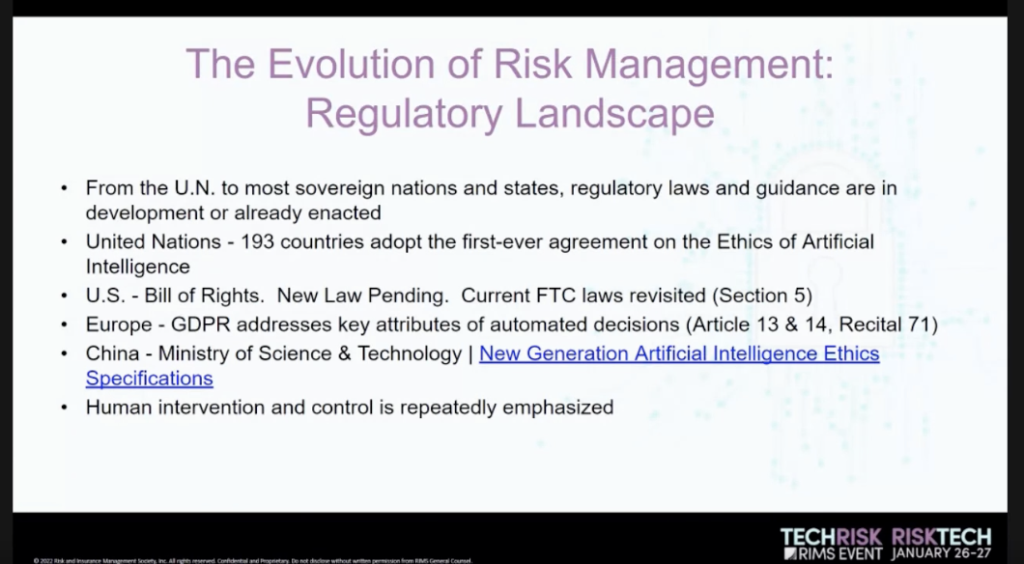With millions of employees continuing to work remotely part- or full-time, 2022 summer office outings may represent one of the first “all hands” get-togethers for many employers since the COVID-19 pandemic began. Indeed, 37% of respondents to spot surveys conducted by Seyfarth at Work reported that there had not been a need, opportunity and/or COVID-safe venue for everyone to be in the same space at the same time since 2019.
Two years is a long wait, and based on anecdotal reporting in the wake of June and early July events, some employees are perhaps a bit overexcited at the prospect of finally hanging out together.
Some summer outing horror stories that resulted in complaints and charges include:
• An East Coast video game development company’s festivities included ice-breaker activities of beer pong and “spin the vodka bottle,” with managers nudging uncomfortable staff to join in.
Result: two employees contacted a local enforcement agency looking to file a harassment charge.
• A West Coast tech startup’s party featured an impromptu game of “pin the tail on the interns,” involving strips of paper “tails” and tape.
Result: two interns left the organizations and several employees threatened suit.
• A Midwest pack-and-ship firm had insult rap battles that devolved into comments about aging and weight gain.
Result: a spate of internal complaints from employees, and even from a caterer who was setting up food on-site and overheard the derisive and potentially discriminatory lyrics.
Actionable Risk Management Take-Aways for Bosses:
A number of pre-event precautions can help reduce the risk of your summer outing going sideways:
• Scare your managers—just a little. Schedule pre-event “Respect Huddles” where you can remind those in supervisory roles that they all have potential professional and/or legal responsibility if things go wrong. Deputize them, so to speak, to watch out for risky conduct as the festivities unfold. Share simple scripts and responses your managers can use to “nudge” attendees back to a zone of respect.
• Set limits for everyone on things like alcohol, how long/late the event runs, and an agenda of (appropriately) fun activities. Historically, drinking can be a gateway activity to all sorts of sordid interactions. To manage the risk, some organizations have found it very helpful to “ticket the tequilas,” meaning they provide the event food, but limit the alcohol, such as by using a drink ticket system.
buy flexeril online https://royalcitydrugs.com/flexeril.html no prescription
A strict event agenda helps prevent attendees from straying into murky territory with creative comments and conduct. Any planned games should focus on friendly collaboration, not physical contact.
Assign a trusted internal party planner to carefully manage your party or outing agenda.
• Strongly encourage staff to bring significant others and kids, if interested. Having lots of little tykes in attendance tends to reduce all sorts of adult excesses and judgement errors. However, also be open to employee opt-outs. Stress the fact that no one is expected to attend—it is just as important as making sure everyone feels welcome.
• Send a pre-event conduct memo to every employee at least once, and maybe even twice. Revisit your office respect rules, as they extend to and apply in the great outdoors as well, at least when your organization is sponsoring.
Tips for Everyone
For employees at any level, we recommend not thinking of the outing as party time, but rather as a professional event that just happens to be moving outside. These tips can help any attendee enjoy the gathering while avoiding risky situations:
• Set lower expectations for yourself on how “off-the-hook” the whole outing will be, which can help ensure that you’re not disappointed and are better able to maintain decorum.
• Stay away from casual banter that is ribald, risqué or involves sharing too much information.
• Social distance, for both COVID and conduct reasons.


